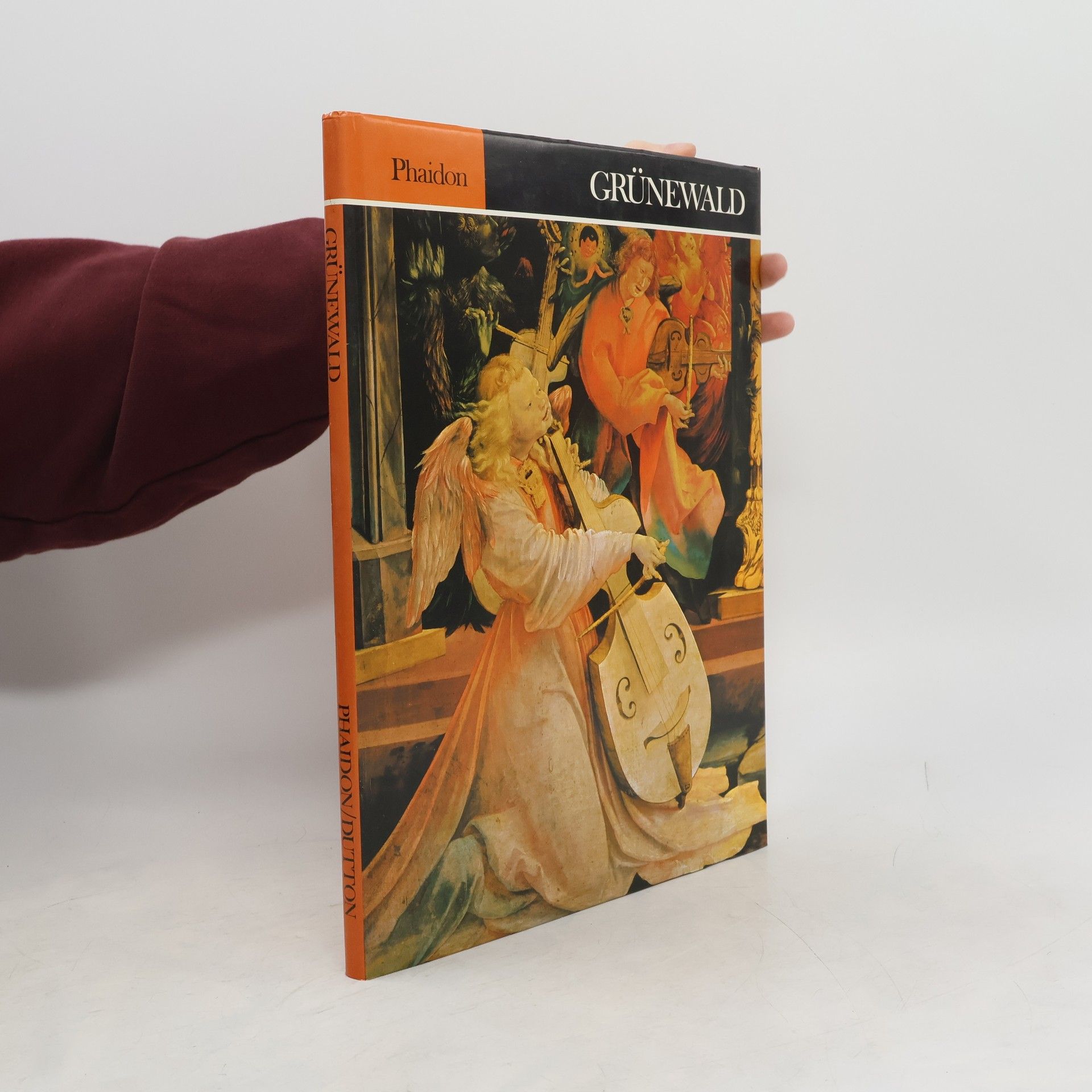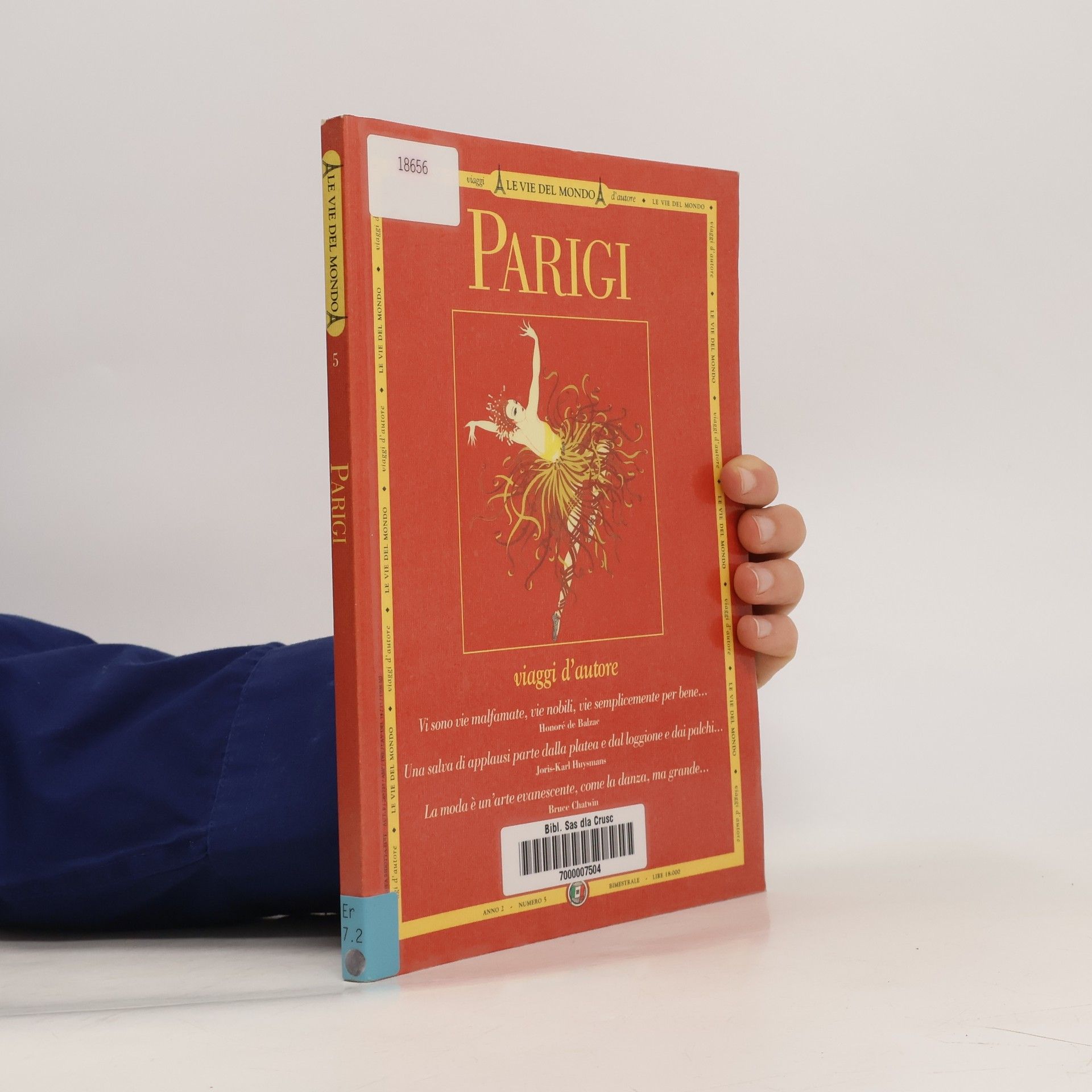"Come in un vagabondaggio capriccioso e senza meta per le vie e le piazze di una città interminabile, nella quale la storia e l'arte, la letteratura e la cronaca, si sono divertite a spargere a piene mani tutte le loro lusinghe, il lettore che sfoglia queste pagine andrà a finire in qualche angolino insospettato, che gli darà, speriamo, il piacere che ha dato a noi.Frastornati come provinciali dall'imponenza di tanta capitale, abbiamo preferito sgattaiolare lontano dai suoi troppi monumenti per assaporarne invece l'atmosfera, l'aroma, in compagnia di scrittori che si sono persi nei meandri della Ville Lumiere per meglio afferrarne il segreto.E ci piace individuare un nostro lontanissimo predecessore nell'anonimo che nel 1643 pubblicò una delle prime guide a Parigi dandole il titolo di 'Ulisse francese', già ben cosciente che la navigazione in quel gran mare di pietre era un'avventura, come schivare le tentazioni dei Lotofagi e sottrarsi agli incantesimi di Circe. E uno dei suoi sovrani, Francesco I, rinunciava a descriverla per disperazione di fronte a un compito così immane, limitandosi a scrivere all'imperatore Carlo V: 'Non è una città, è un mondo'. Confortati dunque dalla solidarietà di un re e dal riferimento a un eroe omerico, porgiamo questa nostra Parigi, che è solo una delle tante Parigi, ma che riteniamo abbia almeno il merito di essere poco consueta."Marco Ausenda e Gianni Guadalupi
Joris-Karl Huysmans Libri
Questo romanziere francese è celebrato per la sua distintiva voce letteraria, nota per il suo uso idiosincratico del linguaggio, un vasto vocabolario e descrizioni riccamente sensuali. Le sue opere sono notevoli per i loro dettagli enciclopedici e il loro acuto ingegno satirico. Huysmans trasmette un profondo disgusto per la vita moderna e un profondo pessimismo, una visione del mondo che lo condusse prima alla filosofia di Arthur Schopenhauer e in seguito agli insegnamenti della Chiesa Cattolica.







Le serate di Médan
- 236pagine
- 9 ore di lettura
"Le serate di Médan" è una delle più clamorose provocazioni lanciate da Émile Zola contro i "sacri" ideali militaristi e patriottardi tanto cari alla società francese del XIX secolo. Pubblicato nel 1880, all'indomani della disastrosa disfatta di Sedan che segnò di colpo la fine di Napoleone III e del Secondo Impero, il libro si propone, con spietata ironia, di fare "opera di verità" sull'insensata follia della guerra (di ogni guerra) con un linguaggio di grande novità, improntato a un crudo, sulfureo realismo ricco di sfumature provocatoriamente grottesche, che non mancarono di suscitare le indignate proteste della stampa e della borghesia benpensante. Nelle "Serate di Médan" la guerra viene vista "dal basso", in sei racconti esemplari - sei brevi capolavori firmati dal "maestro" Zola e dai suoi sodali Maupassant, Huysmans, Céard, Hennique e Alexis - in cui, senza mezzi termini, ci si fa beffe degli impennacchiati eroismi da parata e delle belle frasi altisonanti: storie di crudeltà e follia che, purtroppo, appaiono ancora quanto mai attuali. Con questa antologia (la prima della storia della letteratura ideata su una base tematica) Zola ribadisce la propria posizione di "maestro" della scuola naturalista, sottolineando fin dal titolo che il lavoro è frutto di un cenacolo di giovani artisti che lo riconoscono come tale (Médan è il villaggio nei pressi di Parigi che lo scrittore aveva eletto a sua residenza).
At the novel's center is Durtal, a writer obsessed with the life of one of the blackest figures in history, Gilles de Rais — child murderer, sadist, necrophile, and practitioner of all the black arts. The book's authentic, extraordinarily detailed descriptions of the Black Mass have never been surpassed.
The Cathedral
- 364pagine
- 13 ore di lettura
After the Satanic debaucheries of La -bas (1891) and the sensual battles of En Route (1895), comes the cloistered calm of The Cathedral (1898). In this long, reflective novel, Huysmans' alter-ego, Durtal, sets out to explore the mystic symbolism embodied in one of the greatest gothic edifices in France, Chartres cathedral. Written at the time of the Dreyfus Affair, a political scandal that threatened to tear France apart, Chartres cathedral became for Huysmans a potent symbol of the harmonious diversity of the Middle Ages, one that had the potential to unify the divisions in contemporary French society. This complex, multi-layered vision of Chartres cathedral as a structure in which art, science and religion could exist in harmony rather than discord, captured the public imagination on its first publication, and The Cathedral became a runaway bestseller. This edition contains 20 photographs of parts of Chartres cathedral mentioned in the text.
This 1882 novella, a key work in Huysmans' literary development - prefiguring in its protagonist the figure of Jean des Esseintes, the hero of A rebours, written two years later - is accompanied here by another masterly study of human despair, 'M. Bougran's Retirement'.
En Route
- 322pagine
- 12 ore di lettura
Against Nature (A rebours) (Royal Collector's Edition) (Case Laminate Hardcover with Jacket)
- 156pagine
- 6 ore di lettura
The story follows Jean des Esseintes, an eccentric and ailing aristocrat who rejects the norms of 19th-century bourgeois society. Seeking solace, he immerses himself in a self-fashioned artistic existence, distancing himself from the world he despises. His journey explores themes of isolation, aesthetics, and the conflict between individual desires and societal expectations.
The author is renowned for his distinctive use of language and rich vocabulary, which shine through in his most famous work, À rebours. Initially linked to Naturalism, his writing later aligned with the decadent movement, reflecting his profound pessimism influenced by Arthur Schopenhauer's philosophy. Huysmans, who sustained a lengthy career in the French civil service, is celebrated for his satirical wit and extensive knowledge, making his contributions to literature both unique and impactful.